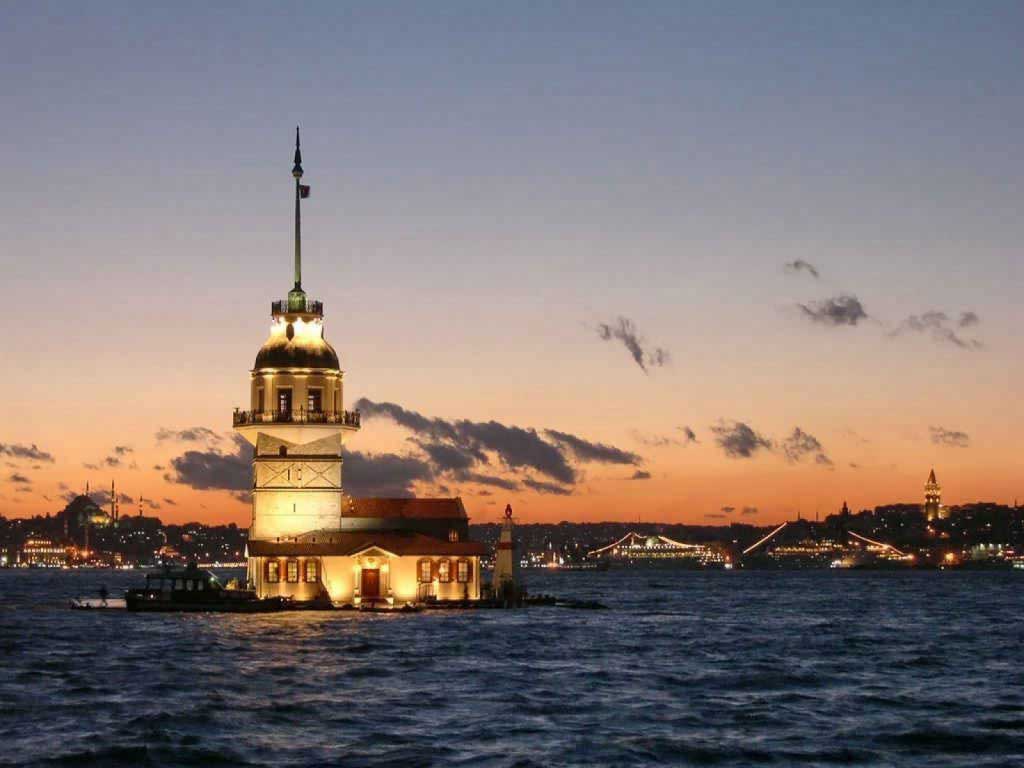Turkey
Turkey is a nation straddling eastern Europe and western Asia with cultural connections to ancient Greek, Persian, Roman, Byzantine and Ottoman empires. Cosmopolitan Istanbul, on the Bosphorus Strait, is home to the iconic Hagia Sophia, with its soaring dome and […]
Turkey is a nation straddling eastern Europe and western Asia with cultural connections to ancient Greek, Persian, Roman, Byzantine and Ottoman empires. Cosmopolitan Istanbul, on the Bosphorus Strait, is home to the iconic Hagia Sophia, with its soaring dome and Christian mosaics, the massive 17th-century Blue Mosque and the circa-1460 Topkapı Palace, former home of sultans. Ankara is Turkey’s modern capital.
The area of Turkey has been inhabited since the Paleolithic by various ancient Anatolian civilisations, as well as Assyrians, Greeks, Thracians, Phrygians, Urartians and Armenians. After Alexander the Great’s conquest, the area was Hellenized, a process which continued under the Roman Empire and its transition into the Byzantine Empire. The Seljuk Turks began migrating into the area in the 11th century, starting the process of Turkification, which was accelerated by the Seljuk victory over the Byzantines at the Battle of Manzikert in 1071. The Seljuk Sultanate of Rûm ruled Anatolia until the Mongol invasion in 1243, when it disintegrated into small Turkish beyliks.

Food and Drinking
Turkish cuisine is regarded as one of the most prominent in the world, its popularity is largely owed to the cultural influences of the Ottoman Empire and partly because of its major tourism industry. It is largely the heritage of Ottoman cuisine, which can be described as a fusion and refinement of Central Asian, Caucasian, Middle Eastern, Mediterranean and Balkan cuisines.
The country’s position between the East and the Mediterranean Sea helped the Turks gain complete control of major trade routes, and an ideal environment allowed plants and animals to flourish. Turkish cuisine was well established by the mid-1400s, the beginning of the Ottoman Empire’s six hundred-year reign. Yogurt salads, fish in olive oil, and stuffed and wrapped vegetables became Turkish staples. The empire, eventually spanning from Austria to northern Africa, used its land and water routes to import exotic ingredients from all over the world. By the end of the 16th century, the Ottoman court housed over 1,400 live-in cooks and passed laws regulating the freshness of food. Since the fall of the empire in World War I (1914–1918) and the establishment of the Turkish Republic in 1923, foreign food such as French hollandaise sauce and western fast food have made their way into the modern Turkish diet.
Culture
Turkey has a very diverse culture that is a blend of various elements of the Turkic, Anatolian, Ottoman (which was itself a continuation of both Greco-Roman and Islamic cultures) and Western culture and traditions, which started with the Westernisation of the Ottoman Empire and still continues today. This mix originally began as a result of the encounter of Turks and their culture with those of the peoples who were in their path during their migration from Central Asia to the West. Turkish culture is a product of efforts to be a “modern” Western state, while maintaining traditional religious and historical values.
Share this tour-
Recent Posts
Recent Comments
Archives
Categories
- Abroad
- article
- b
- baby
- Blog
- CPA
- crypt
- Cultural Trip
- datarooms
- Education
- essay helping company
- essay service
- Food
- Hello World
- hookup
- i need help with an essay
- Mail Order Brides
- mail order russian bride
- new
- Online dating
- online lab report writing service
- Professional essay writing service
- relatio
- russian brides
- russian hot brides
- scholarship essay help
- Travel Tips
- Travelling
- Uncategorized
- women
- your mail order bride
Meta
Salem Tours & Travels

Facebook
Contact Info
Salem Tours & Travels (p) Ltd.,
No.51 , First floor ,
Opal Rathna Complex,
Brindavan Road,
AVK Nagar , Fairlands, Salem – 636004.7305870503
© Copyright Salem Tours & Travels